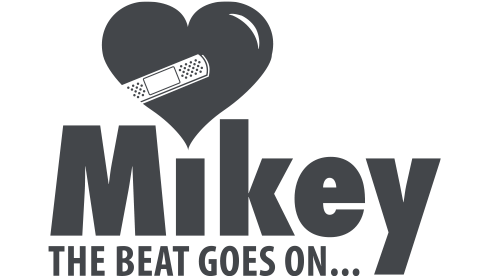
Silverthorn Collegiate teachers Sharon McConnell and Sean King saved a student’s life with a MIKEY.
In an amazing case of serendipity, Sean King was teaching his 9th Grade class CPR, when he noticed fellow teacher Sharon McConnell cradling a Grade 12 basketball player whose heart had stopped.
The two teachers used a MIKEY defibrillator and CPR to restore the teen’s pulse before emergency crews arrived. The young man is currently recovering.
The Toronto Star reports Toronto’s Emergency Medical Services has nominated both teachers as well as hall monitor Linda Armstrong and vice-principal Tim Brethour for EMS Citizens’ awards for quick thinking in fetching the defibrillator, calling 911 and delaying the bell between classes so emergency crews could wheel out the stretcher without having to battle crowds.
Read the full Toronto Star story here.
You can see video of City News coverage of the story here:
Teachers at Silverthorn Collegiate Institute helped save the life of a student with a MIKEY.
The Mikey Network has placed 120 defibrillators in schools through our Mikey Young At Heart School Defibrillator Program
Photo Credit: Toronto Star SUPPLIED PHOTOS




 Amy Rosen took first place at the Blue Dragon Iron Chef-style cook-off for food media, and generously donated her $2,000 prize cheque to the Mikey Network.
Amy Rosen took first place at the Blue Dragon Iron Chef-style cook-off for food media, and generously donated her $2,000 prize cheque to the Mikey Network.






